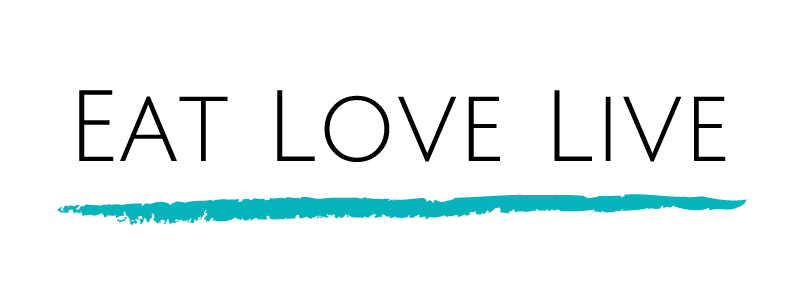Looking after yourself
So often our relationship with food becomes distorted due to our propensity to use food as a coping strategy.
As food is traditionally an important part of celebrations (i.e. birthday cake) and comfort (i.e. giving a friend chocolate when they are sad) it can be easy to try and use foods at times of distress to try and replicate these same pleasant sensations. This may be a conscious or subconscious action.
So foods can give us a positive feeling as we reminisce of happy times celebrating with family and friends. Also food consumption leads to the release of neurotransmitters in the brain such as serotonin and endorphins which make us physically feel better. ; Sometimes we try to seek these positive associations from food at other times. This is often referred to as comfort eating.
While food is an important part of our social lives, rituals and traditions; at times it can create habits that aren't so helpful. People make use food as a way of coping or seek foods comfort them when feeling happy or sad or angry etc. For other people the feeling of fullness is comforting and the need to feel safe triggers over -eating.
When we work on improving our relationship with food we need to recognise that we may need to develop other ways to comfort and care for our self psychically and emotionally
Coping strategies are something that each individual develops over time. They help us to sit with negative or positive feelings (which can be hard for some people). They help us to process what has happened and move past it. Coping strategies may be many things- ideally we need to have some which will not be detrimental to our health or wellbeing in any way. A psychologist is the ideal person to support you in developing new coping strategies.
To develop new coping skills the first thing is to identify the unhelpful patterns that are already there. A food and thought diary may be useful for this, identifying times, places, situations or people where food is commonly turned to cope.
Then it is noticing when you have the urges to reach for food and doing something else instead.
These can be thought of as distractions. Though they may not be a new coping mechanism they can help people from engaging in un-helpful strategies- engage the mind in something else until the urges decrease.
Below is a list created by clients over many years.
Possible Distraction Activities
Distraction involves engaging in an activity that will take your mind off the urges. You may find that you need to engage in more than one activity in order for the urge to pass, or that you need to try a few until you are able to engage fully.
|
|
|
*Note for those working on recovering from an eating disorder exercise is part of your treatment plan and must be discussed with your treatment team. While weight restoring or while working on compulsive activity, exercise may not be indicated - but part of recovery just like learning to listen to your appetite is reintroducing exercise is a safe and enjoyable way.
Taking time to regularly look after yourself:
Everybody has different ways of looking after themselves and it is important that weknow what works for us so we can implement them at stressful times.
Looking after ourselves means listening to and responding to our bodies, allowing ourselves enough time to rest, relax and rejuvenate.
Some people get into the habit of giving a lot of themselves to others around them who they care for; at the cost of having time for themselves. It is important to remember that if we burnout ourselves we can't support our love ones the way we would like too. It is important to find the right balance. This can take time and practice but will have many long term positive consequences.
- Talk regularly to friends, family or a professional about things that are bothering you
- Take time each day to relax with deep breathing exercises, mediation, a bath or turn the phone off and shut the bedroom door for 10 minutes
- Plan regular, fun social activities
- Have regular set dates with friends in place when you are busy. Build these around practical things like exercise or grocery shopping if finding time is difficult
- Take up a new hobby - or do a short course and schedule in time each week to devote to this
- Plan mini breaks away from work so there is something to be looking forward to- these may just be one work day or weekend day when you turn the phone off, stay in your PJs and watch movies all day
- Swap massages, beauty treatments, or painting nails with friends to help each other feel pampered
- Take yourself to the beach or favourite park for a walk or relaxing sit regularly.

